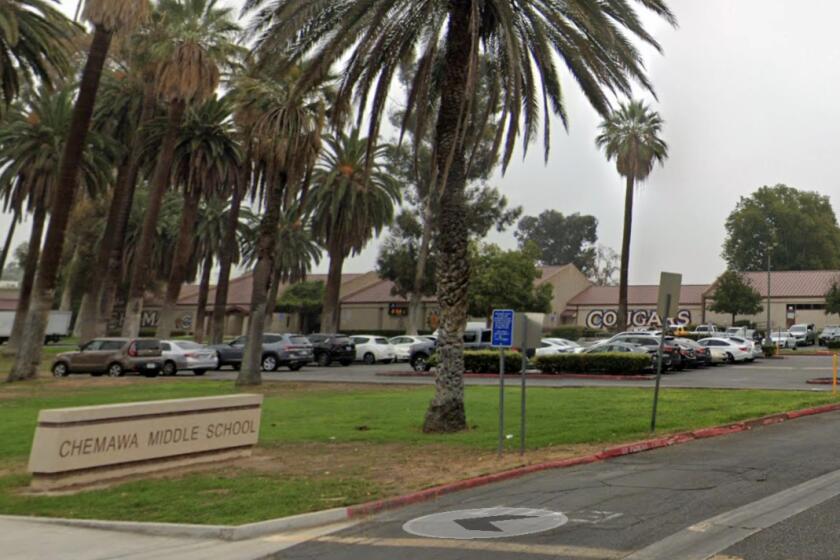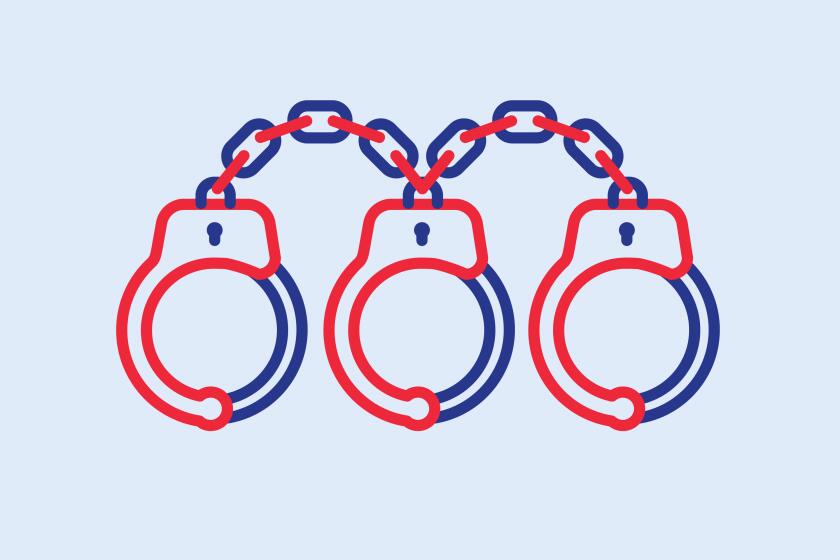University of Phoenix case to stand
The U.S. Supreme Court on Monday rebuffed entreaties from the University of Phoenix to throw out a massive suit charging the nation’s largest accredited private university with defrauding the government of millions of dollars in federal education loan funds.
The suit was filed in 2003 under the False Claims Act by two former employees who alleged that the school, which offers degrees to midcareer workers, violated federal rules that bar giving incentives to employees to recruit students to enroll in the college.
The False Claims Act permits individuals with exclusive knowledge of a fraud perpetrated against the federal government to file suit on behalf of the government and share in any financial recovery. An individual or company violating the law must pay the U.S. civil penalties and triple damages.
The University of Phoenix’s website describes the school as “the largest institution of higher learning in the U.S., serving approximately 300,000 students through its more than 250 campuses and learning centers across the country.”
The vast majority of students at the university use federal loans and grants to pay their tuition. According to federal records, last year the chain obtained close to $2 billion in federal education funds.
Two years ago, after a probe by the U.S. Department of Education, the University of Phoenix paid the government $9.8 million in compensation. A report issued by the department said the company promoted an intense sales culture that rewarded recruiters who encouraged large numbers of students to enroll, even if they were not qualified.
Four years ago, Mary Hendow and Julie Albertson, former enrollment counselors at the school, sued in U.S. District Court in Sacramento, alleging that the University of Phoenix paid recruiters solely based on how many students they enrolled. The suit, filed by attorneys Nancy G. Krop and Daniel R. Bartley, asserted that the university urged counselors “to enroll students without reviewing their transcripts to determine their academic qualifications to attend the university.”
The plaintiffs alleged that the university rated counselors on the basis of how many recruits they signed up and that it gave the highest producers bigger salaries, benefits and incentives.
The university countered that it did not pay recruiters solely on the basis of numbers.
U.S. District Judge Garland E. Burrell dismissed the suit, ruling that the plaintiffs’ allegations were beyond the scope of conduct regulated by the False Claims Act.
The plaintiffs appealed, with the support of the U.S. Department of Justice, which filed a friend-of-the-court brief. Justice Department lawyers said if Burrell’s ruling was upheld it could impair enforcement of the act, which they said was the government’s primary tool to deter fraud and recover monetary losses.
In September, the U.S. 9th Circuit Court of Appeals reversed Burrell.
In a 3-0 decision written by Judge Cynthia Holcomb Hall, the appeals court said the False Claims Act was intended to reach all types of fraud, without qualification, that might result in financial loss to the government.
Washington attorney Theodore B. Olson, a former U.S. solicitor general, filed a brief asking the Supreme Court to review the case. He asserted that the 9th Circuit decision conflicted with decisions from three other federal circuits and said if it was sustained it could put government contractors in education, healthcare and defense at risk of incurring considerable liability.
“The financial implications of the 9th Circuit’s expansive notion” of False Claims Act liability “are staggering,” he argued, adding that the suit could cost the firm billions.
But the Supreme Court, without comment, declined to hear the case.
Olson said he was disappointed because review was needed to ensure that the law was “not transformed into a tool for extracting extortionate and unjustified settlements from defendants unable to bear the risk of going to trial.”
But plaintiffs’ attorney Krop countered that “the Supreme Court decision is a terrific win, protecting the rights of students nationwide and America’s taxpayers.”
“We look forward to presenting our evidence to a jury.”
Bartley, her co-counsel, said: “It is time for the University of Phoenix to bite the bullet, return these dollars to the taxpayer and change its business plan to conform to the law.”
*
More to Read
Sign up for Essential California
The most important California stories and recommendations in your inbox every morning.
You may occasionally receive promotional content from the Los Angeles Times.










